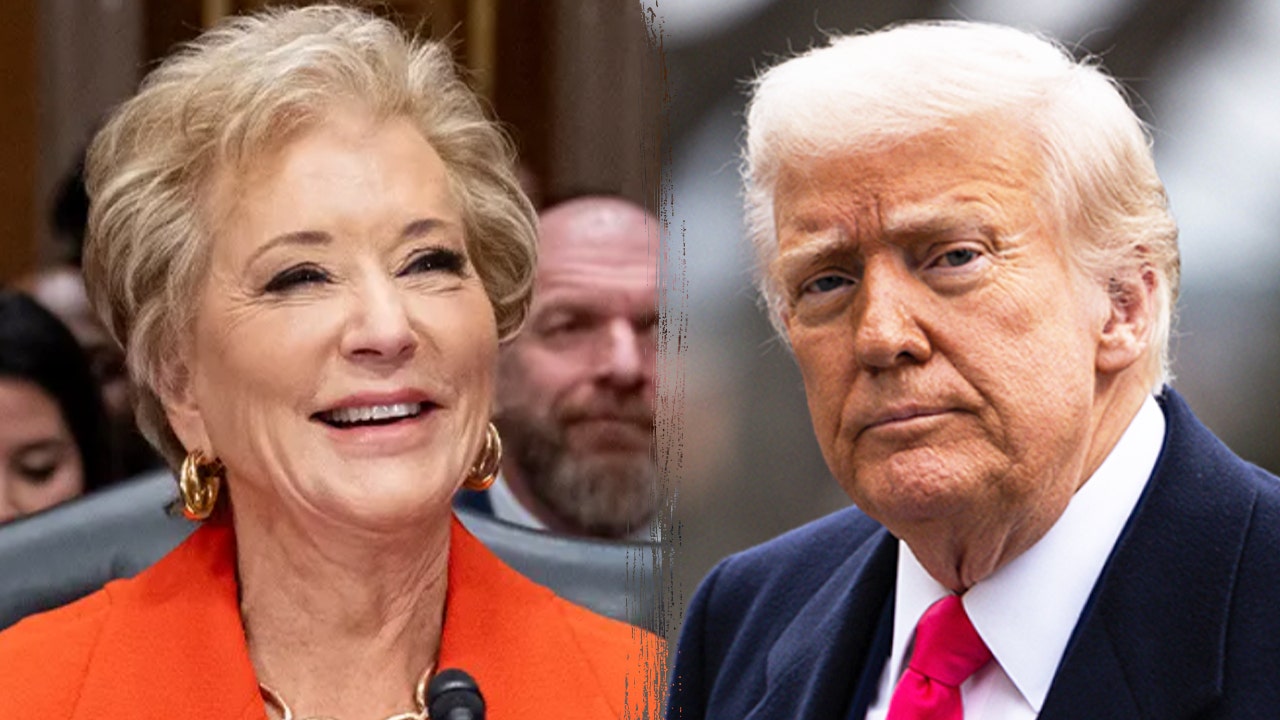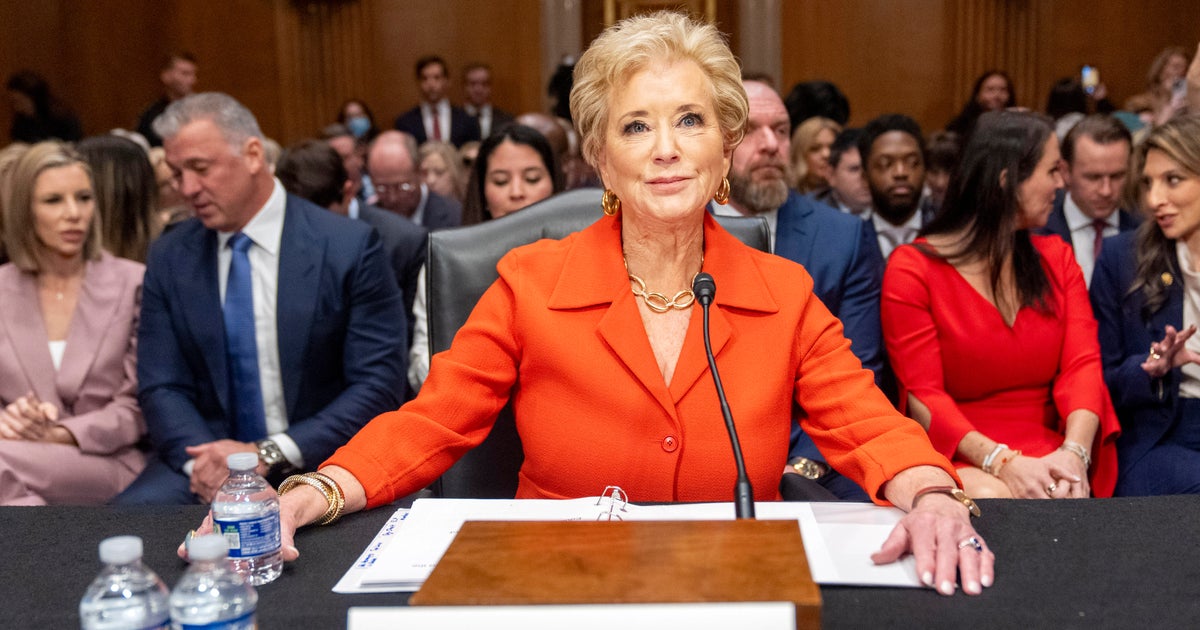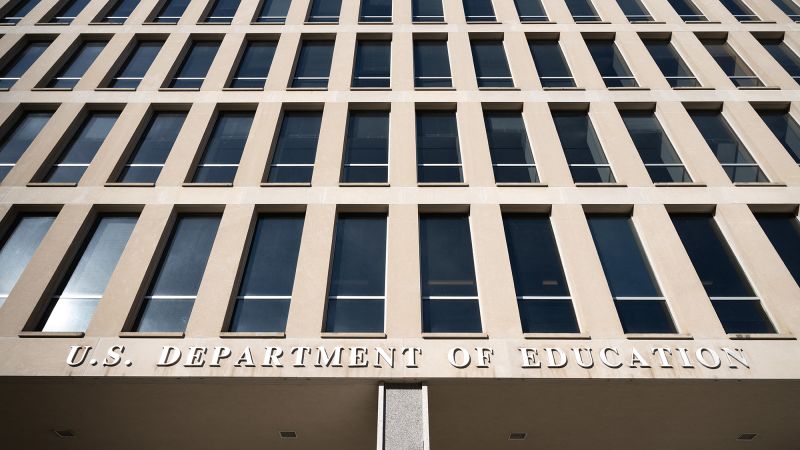Democratic States Sue Trump Administration Over Frozen Education Funding
Twenty-four states and D.C. are suing to restore access to billions in frozen education funding for after-school and summer programs, claiming constitutional violations.
Subscribe to unlock this story
We really don't like cutting you off, but you've reached your monthly limit. At just $5/month, subscriptions are how we keep this project going. Start your free 7-day trial today!
Get StartedHave an account? Sign in
Overview
- Democratic officials from 24 states and D.C. are involved in the lawsuit against the Trump administration.
- The lawsuit aims to restore access to billions of dollars in frozen education funding.
- The funding is critical for after-school and summer programs across these states.
- The plaintiffs argue that withholding the funds violates the Constitution and federal laws.
- The case highlights ongoing tensions between blue states and the Trump administration regarding education funding.
Report issue

Read both sides in 5 minutes each day
Analysis
Center-leaning sources frame the lawsuit as a significant political action by Democratic officials, emphasizing the urgency of restoring education funding. The perspective suggests a critique of the Trump administration's policies, highlighting perceived injustices while advocating for educational equity. Implicit bias leans towards supporting the plaintiffs' cause.
Articles (7)
Center (2)
FAQ
The plaintiffs allege violations of the Impoundment Control Act and the Antideficiency Act, arguing that the Executive Branch cannot unilaterally refuse to spend appropriations that Congress has already passed and signed into law. They also cite violations of the Constitution's separation of powers and the Presentment Clause.
The impacted programs include after-school and summer programming, teacher training, services for English learners and migrant students, academic enrichment and student supports, adult education, literacy initiatives, and STEM education, college and career counseling, and the arts.
State education agencies and school districts are preparing to shift to other funding sources or make cuts, including laying off staff who work with vulnerable populations and canceling after-school programs that parents rely on. Some states estimate that tens of thousands of students and adults could lose access to essential programs.
The states involved are Arizona, California, Colorado, Connecticut, Delaware, Hawaii, Illinois, Kentucky, Maine, Maryland, Massachusetts, Michigan, Minnesota, Nevada, New Jersey, New Mexico, New York, North Carolina, Oregon, Pennsylvania, Rhode Island, Vermont, Washington, and Wisconsin. The District of Columbia is also a plaintiff.
The Office of Management and Budget has stated that the funding is under review but has not specified when the review will end or whether the funds will be released after the review is complete. The spokesperson for OMB did not provide detailed follow-up answers.
History
- This story does not have any previous versions.





